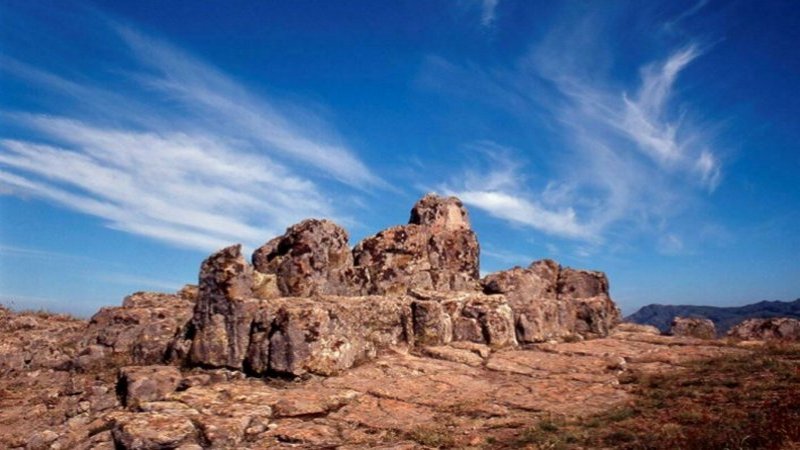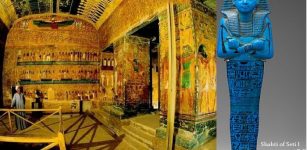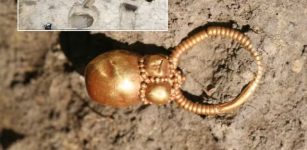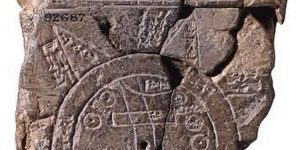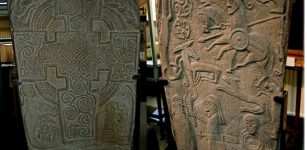4,000-Year-Old Lunar Calendar Developed At Kokino Megalithic Observatory – Evidence Of Remarkable Astronomical Knowledge
Ellen Lloyd – AncientPages.com – All around the world there are magnificent ancient structures that show our ancestors have always been interested in studying the skies. Our interest in the cosmos is as old as humanity. Archaeological discoveries keep reminding us ancient people possessed more astronomical knowledge than previously thought.
Megalithic Observatory Kokino near Kumanovo in Macedonia. Credit: US Government – Public Domain
Several ancient cultures achieved a deep understanding of the celestial movements, cycles of the sun, moon, stars, and planets, and they often used this knowledge to build astronomically oriented temples on the apex of the hills so priests could watch the Sun, the Moon, stars and all planets that could be observed.
There is no doubt fascination with the cosmos was widespread in Egypt, Babylon, Sumer, India, and South America, and we can see proof of this by examining ancient temples, and other sacred structures. However, there is also evidence of ancient less known, yet sophisticated astronomical knowledge in Europe. For example, scientists were stunned when they have discovered the world’s oldest Moon map carved into Ireland’s 5,000-year-old tomb at Knowth.

